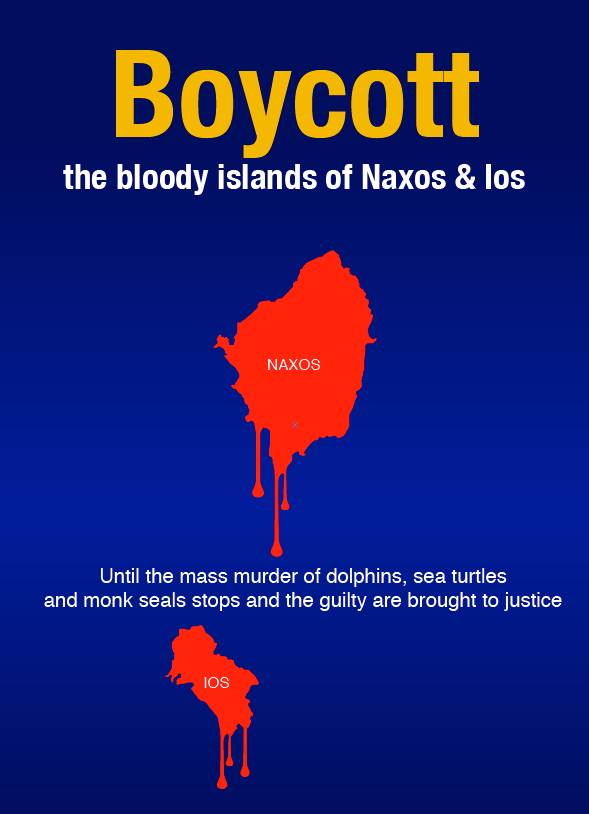There was a survey from Pew Research Center, about how important is a Christian denomination to a country's ethnic identity. Only Greeks had a majority of 54% for claiming that a certain denomination is important for their ethnicity.
Well so think the 65% who are older than 50 years old, as at their time everyday life was strictly controlled by the State and 49% of people with an age between 35 and 49 years old. Greece and Cyprus were the only Eastern Orthodox Christian countries which weren't communistic, so the Greek State propaganda created the impression that only Greeks are Orthodox Christians and the other became all atheists.
Of course there are other parts in Greek History misinterpreted by the Greek State so 39% people between 18 and 34 think that to be a Greek one has to be a greek Orthodox Christian.
The greek newspaper that made an article from the survey asked two people whose jobs depend on their faith.
The professor of Theology, says that Greeks are religious without going to Church very often. They pray rather privately than publicly. How does he know what they do, do they inform him? They have, says the professor, a personal, secret faith, gained through experience and probably practice but he uses the wrong word and says twice the same thing; and this faith is far from the dogma, clergy or the Bible. Greeks were always mystical and not religious, even in the time of ancient Greece, because they had the
Mysteries instead of the Olympian twelve gods, the daemon of Socrates and the"offering of
Areopagus" dedicated to the unknown God. He adds that, Paul calls Athens a city full of idols. As quoted
here "Mysteries thus supplement rather than compete with
civil religion.
An individual could easily observe the rites of the state religion, be
an initiate in one or several mysteries, and at the same time adhere to a
certain philosophical school." The
daimonion of Socrates is self-explanatory, otherwise it would be the Hellenic daimonion. As to the offering, Christians through 'Paul' talk about an altar, which no one ever saw. A short explaining is stated
here. So why this whole misinformation? The Greek Institutions controlled by the State, which is controlled by the Church, brainwash people, that they belong to the Eastern Orthodox Church, because it is on their records, because it is a tradition, meaning that the ancestors at the time of the Byzantine and Ottoman empire didn't have any other choise, or because they think they owe something to this denomination.
Than he goes on saying that the relationship of Greeks with 'Orthodoxy', meaning the denomination, is ambiguous, double and of two forms. Actually one cannot call them Greek Orthodox, if they don't follow that particular dogma and do not believe the priests or the Bible.
Then he taks about the three Philadelphias. There was one in Turkey, now called 'Alaşehir', the one in Greece is called New Philadelphia and its inhabitants are people who until 1922, lived in the town now called Alaşehir, and the one in USA, probably the one in Pennsylvania, although there are others as well. They all are supposed to be connected by Orthodoxy as they are baptised, married and buried with the same rites. Neither do the Turks, nor the majority of Philadelpheia. Than he takes advantage of the behaviour of the Communists. The Communists have a faith similar to Christianity, so there is sympathy between them, however not the majority is communistic.
Then comes the general secretary of religions, the one who served under the coalition of center-right and center-left and the coalition or right-left; a man of the Church. He actually talks about Romanity and not Hellenism, as he knows that the majority of Greeks do not know the difference. The Romioi, the Christians of the Eastern Church, had a different identity than the Catholics of the Muslims, but many Greeks speaking the greek language were Catholics or Muslims as well. However Christians did not feel they belonged to any ethnicity until the time of the French Revolution. So although the Greek War of Independence was fought to free the Hellenic nation, it ended up forming a country called Hellas, but a Greek Christian Orthodox one, as Russia wanted and England and France let it happen.
Another lie is that there would be no modern Greek language, if there was no Church. The Church uses the common language of the Greeks at the time when Jesus is supposed to have lived. Modern Greek survived in forms of dialects. Than he wants to be nice and speaks about non Christians that spilled their blood for the Christian land Greece for some reason; well as part of the government he cannot exclude Greek citizens of Jewish or Islamic faith.
Few strong links to national identity
Source in Greek
